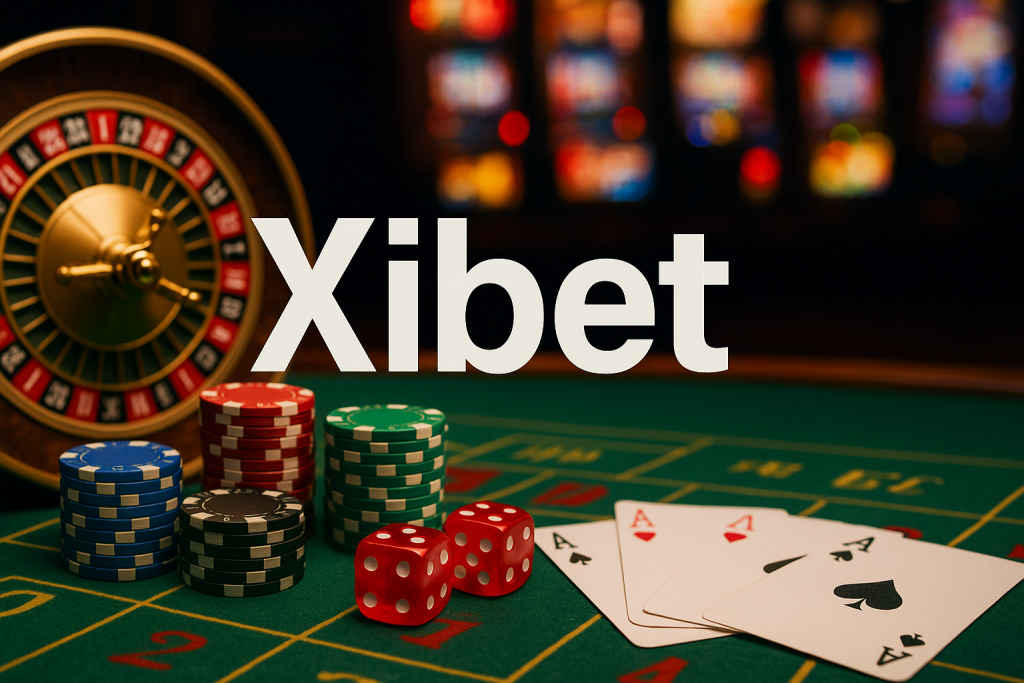
Gambling has been a part of human culture for centuries, offering excitement, risk, and the possibility of reward. But beyond the chips, cards, and spinning reels lies a fascinating area of study: the psychology of gambling. Why do people enjoy placing bets? What makes casino games so engaging? Exploring these questions reveals how psychology and entertainment blend in the world of casinos.
The Thrill of Uncertainty
At the core of gambling’s appeal is uncertainty. The brain reacts strongly to unpredictable outcomes, releasing dopamine—a chemical associated with pleasure and reward. This response is similar to what people feel when anticipating a surprise. Every spin of a roulette wheel or pull of a slot lever delivers a dose of suspense, keeping players hooked on the possibility of winning.
The Illusion of Control
Another psychological factor at play is the illusion of control. Many gamblers believe they can influence outcomes, even when games are based purely on chance. Rituals like blowing on dice or choosing “lucky” machines demonstrate how players feel involved in shaping results. While this belief may not change outcomes, it enhances engagement and makes the experience more personal.
The Role of Near Misses
Casino games are carefully designed to maximize excitement, and one powerful tool is the “near miss.” When a slot machine shows two jackpot symbols but misses the third, players often feel like they were “close” to winning. Studies show that near misses trigger the same brain responses as actual wins, motivating players to continue playing in hopes of achieving success.
Social Interaction and Belonging
Casinos are not just about gambling; they are also social environments. Many players enjoy the sense of community, whether at a crowded roulette table or in online chat rooms during live dealer games. The feeling of belonging and shared excitement makes the experience more enjoyable. Online platforms have enhanced this aspect by allowing players to connect globally, creating a broader sense of community.
Rewards and Reinforcement
Psychologists often compare gambling to variable reinforcement schedules, similar to how rewards are given in certain learning experiments. When wins are unpredictable, players remain engaged for longer periods because they are constantly chasing the next payout. This system of random rewards is one of the strongest motivators in human behavior, and casinos use it to keep gameplay exciting.
Responsible Gambling Practices
While the psychology of gambling explains why people are drawn to casinos, it also highlights the importance of moderation. Responsible gambling features such as deposit limits, reminders, and self-exclusion tools help players maintain balance. Recognizing the psychological factors at play can empower gamblers to enjoy the experience without falling into unhealthy patterns.
For those who want a secure and engaging platform, Xibet offers a blend of entertainment, variety, and responsible gaming tools. By combining advanced technology with user-friendly design, it ensures that players can enjoy the excitement of gambling in a safe and balanced environment.
Conclusion
The psychology of gambling reveals why people are captivated by casino games. From the thrill of uncertainty to the satisfaction of social interaction, multiple factors work together to make the experience engaging. By understanding these psychological influences and practicing responsible play, players can enjoy the fun of gambling while maintaining control. Casinos will continue to thrive because they tap into fundamental aspects of human behavior, ensuring their enduring popularity.